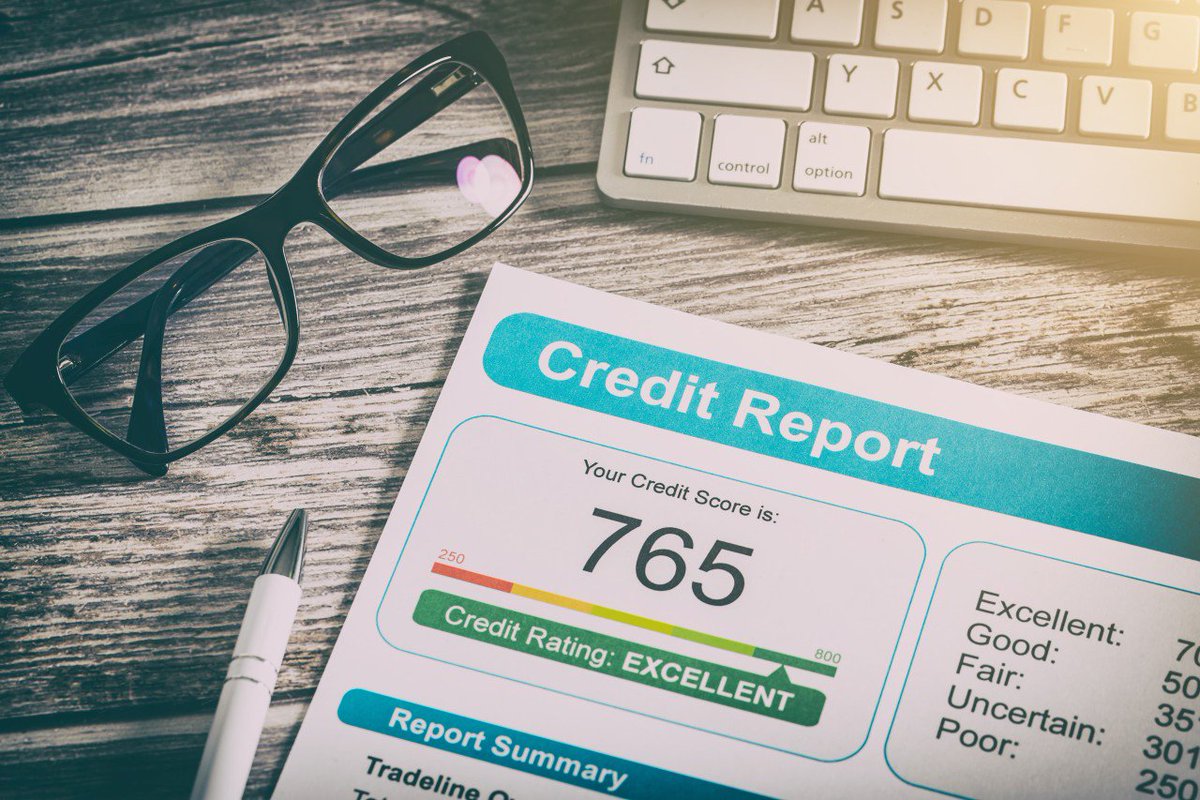Climate Change And Home Mortgages: Protecting Your Credit Score

Table of Contents
How Climate Change Impacts Home Values and Mortgages
Climate change poses a significant threat to the stability of your home and its value, ultimately impacting your credit score. The effects are multifaceted and require a proactive approach to mitigation.
Increased Risk of Property Damage and Loss
The increasing frequency and severity of extreme weather events directly impact property values and mortgage security.
- Rising sea levels leading to flooding and erosion: Coastal properties face increased risk of flooding, leading to structural damage and devaluation.
- Increased frequency and intensity of wildfires causing property destruction: Wildfires are becoming more common and intense, destroying homes and impacting surrounding property values. This risk extends beyond immediate wildfire zones, affecting areas susceptible to smoke damage and decreased air quality.
- Extreme weather events (hurricanes, tornadoes) resulting in significant damage: These events cause widespread destruction, impacting both property values and the ability to secure or maintain a mortgage.
- Impact on insurance premiums and availability: As risks increase, insurance companies adjust premiums, sometimes making coverage unaffordable or unavailable, increasing your financial burden.
The Effect on Mortgage Approvals and Rates
Lenders are increasingly factoring climate risk into their assessments.
- Lenders assessing climate risk in mortgage applications: Mortgage applications are now scrutinized for climate vulnerability, potentially affecting approval rates.
- Higher interest rates for properties in high-risk areas: Properties in areas prone to flooding, wildfires, or other climate-related disasters face higher interest rates.
- Increased difficulty securing a mortgage for homes in vulnerable locations: Securing a mortgage for a home in a high-risk area may become increasingly challenging, or even impossible.
- Potential for loan modifications or defaults: Significant damage from climate-related events can lead to loan modifications or, in extreme cases, defaults, severely damaging your credit score.
Decreased Property Value in High-Risk Zones
Properties in high-risk zones are experiencing a decline in value.
- Reduced demand for properties vulnerable to climate-related disasters: Buyers are increasingly hesitant to purchase properties in areas at high risk of climate-related damage.
- Lower appraisal values, affecting your equity: Appraisals reflect the diminished value of properties in high-risk zones, decreasing your home equity.
- Difficulty selling your property in the future: Selling a property in a high-risk area can be difficult, potentially leading to significant financial losses.
Strategies to Protect Your Credit Score Amidst Climate Change
Protecting your credit score requires proactive measures to mitigate climate risks and maintain financial stability.
Understanding and Mitigating Climate Risks
Assess your property's vulnerability and invest in protective measures.
- Research your property's vulnerability to climate-related risks (flooding, wildfires, etc.): Utilize online tools and consult with local authorities to understand your property's specific risks.
- Invest in climate-resilient improvements (e.g., flood barriers, fire-resistant landscaping): Upgrades can enhance your property's resilience and potentially increase its value.
- Maintain thorough property insurance coverage: Ensure your insurance adequately covers potential climate-related damages.
Maintaining a Strong Financial Position
A strong financial foundation is essential for weathering climate-related challenges.
- Build a strong credit history and maintain a high credit score: A high credit score improves your chances of securing favorable mortgage terms.
- Keep a healthy debt-to-income ratio: A low debt-to-income ratio demonstrates financial stability to lenders.
- Establish an emergency fund for unexpected repairs or property damage: An emergency fund provides a financial buffer for unexpected expenses.
Staying Informed and Proactive
Stay informed and communicate with your lender.
- Monitor climate change reports and forecasts affecting your area: Stay updated on local climate risk assessments.
- Stay updated on new mortgage lending practices and regulations: Understanding evolving regulations is key to navigating the changing landscape.
- Communicate with your lender about potential climate risks and explore mitigation options: Open communication with your lender can help you address potential issues proactively.
The Role of Insurance in Protecting Your Investment
Insurance is a critical component of protecting your home and credit score.
Importance of Adequate Homeowners Insurance
Ensure your policy adequately covers climate-related risks.
- Ensuring sufficient coverage for climate-related damages: Verify your policy covers flooding, wildfires, and other relevant events.
- Understanding policy exclusions and limitations: Carefully review your policy to understand what is and isn't covered.
- Shopping for competitive insurance rates: Compare rates from different insurers to find the best coverage at a reasonable price.
Flood Insurance and Other Specialized Coverages
Consider additional coverage beyond standard homeowners insurance.
- The necessity of flood insurance, even if not in a designated flood zone: Flood risk extends beyond designated zones; consider purchasing flood insurance as an added layer of protection.
- Exploring additional coverages for specific climate risks: Consider specialized coverage for wildfire, wind damage, or other specific risks.
Documenting Property Improvements and Maintenance
Maintain records to support insurance claims.
- Keeping records of climate-related upgrades for insurance claims: Documentation is crucial in the event of a claim.
- Regular maintenance to prevent damage and reduce risks: Preventative maintenance minimizes damage and potential claims.
Conclusion
Climate change presents undeniable challenges to homeowners, directly impacting home values, mortgage accessibility, and credit scores. By understanding these risks and implementing proactive strategies, you can significantly protect your financial well-being. Taking steps to mitigate climate risks, maintaining a strong financial profile, and securing adequate insurance are crucial for safeguarding your investment and preserving your credit score. Don't wait for disaster to strike; take control now and proactively address the impact of climate change on your home mortgage and credit rating. Learn more about protecting your credit score from the effects of climate change today!

Featured Posts
-
 Gma Layoffs Robin Roberts Response And The Impact On The Show
May 21, 2025
Gma Layoffs Robin Roberts Response And The Impact On The Show
May 21, 2025 -
 Huuhkajat Kaksikko Kaellman Ja Hoskonen Palaavat Suomeen
May 21, 2025
Huuhkajat Kaksikko Kaellman Ja Hoskonen Palaavat Suomeen
May 21, 2025 -
 Osobne Stretnutia Vs Home Office Komunikacia Ako Optimalizovat Obe Moznosti
May 21, 2025
Osobne Stretnutia Vs Home Office Komunikacia Ako Optimalizovat Obe Moznosti
May 21, 2025 -
 Tyler Bates Wwe Raw Return A New Era Begins With Pete Dunne
May 21, 2025
Tyler Bates Wwe Raw Return A New Era Begins With Pete Dunne
May 21, 2025 -
 Vybz Kartels Historic New York City Performance Date Venue And Tickets
May 21, 2025
Vybz Kartels Historic New York City Performance Date Venue And Tickets
May 21, 2025
